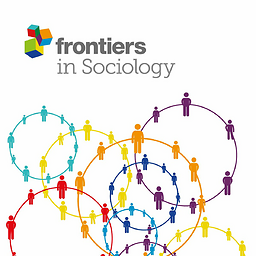“If we don’t regroup, hunger will kill us…”: A qualitative study on measures of physical distancing during covid-19 among internally displaced persons in Burkina Faso
The differential impacts of the covid-19 pandemic continues to be felt across countries and social groups (Bundervoet et al., 2022;Doignon and Guilmoto, 2021). People who are poor, mobile and displaced are disproportionately affected (Kobiané et al., 2020) .On 9 March 2020, Burkina Faso announced its first cases of covid-19 (Ministère de la Santé, 2020). This pandemic appeared in a context of political and security crisis, characterised by the occupation of part of the territory by armed groups and the progressive increase in killings and crimes of all kinds (Dembele et al., 2020;Hagberg et al., 2019). Burkina Faso is estimated to be the second most affected country by terrorist attacks in Africa (Benedikter and Ouedraogo, 2019). This situation has had a negative impact on the living conditions of the population and has caused numerous internal displacements of people (OCHA 2019; United Nations Office for the Coordination of Humanitarian Affairs 2020). As of April 30 2022, Burkina Faso had just over 1,900,000 internally displaced persons (IDPs)(Sécretariat Permanent du CONASUR, 2022).

